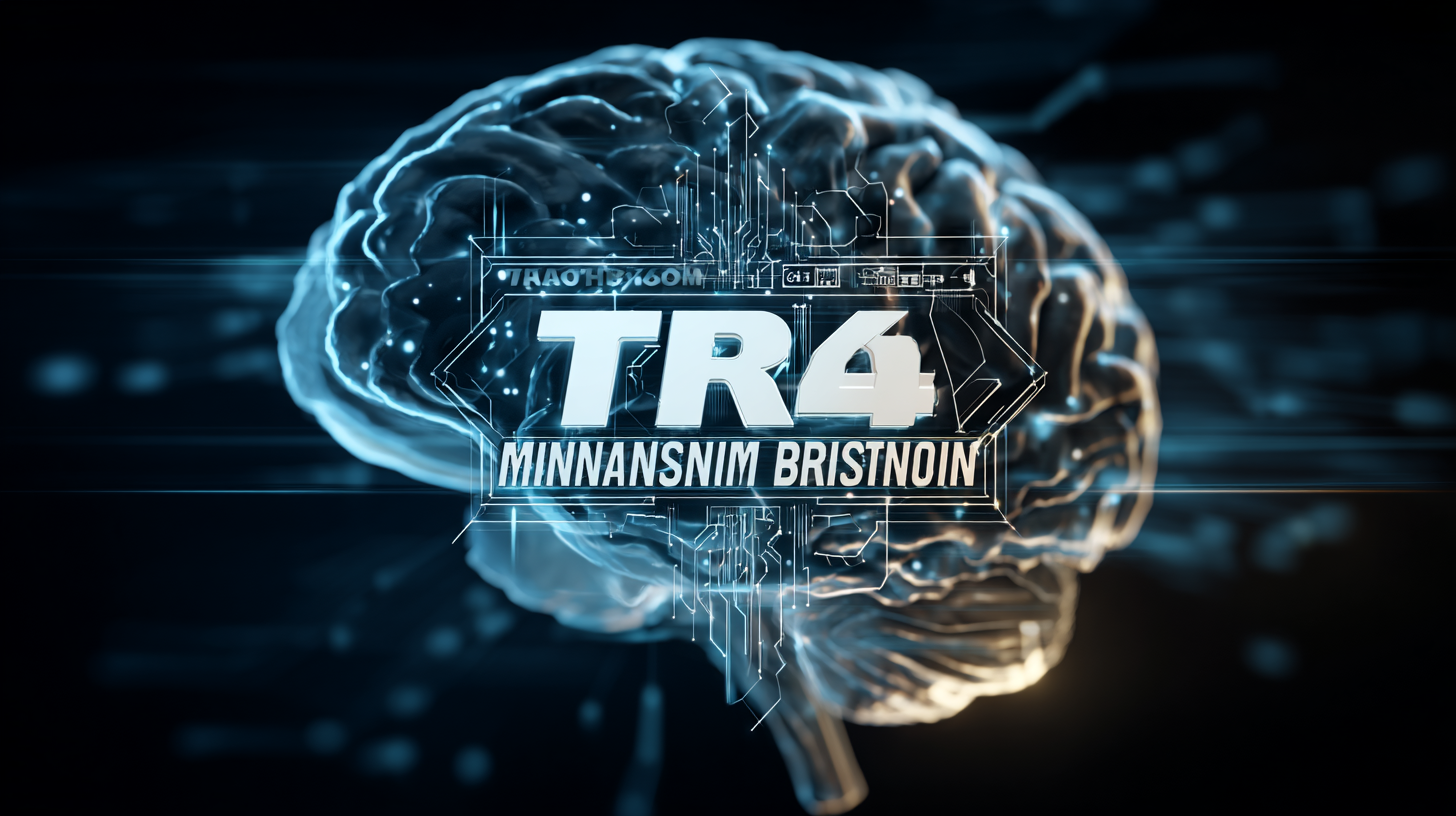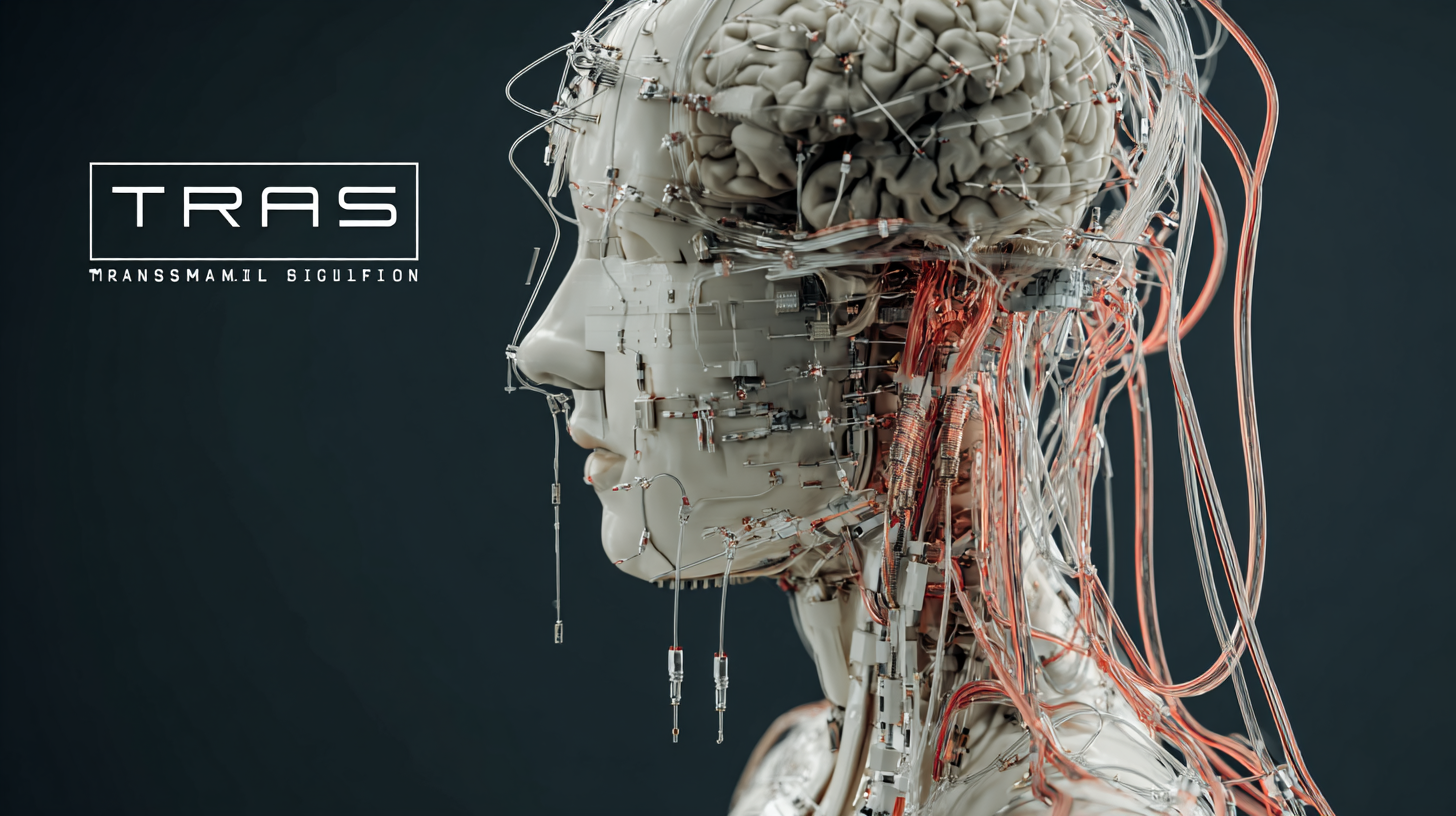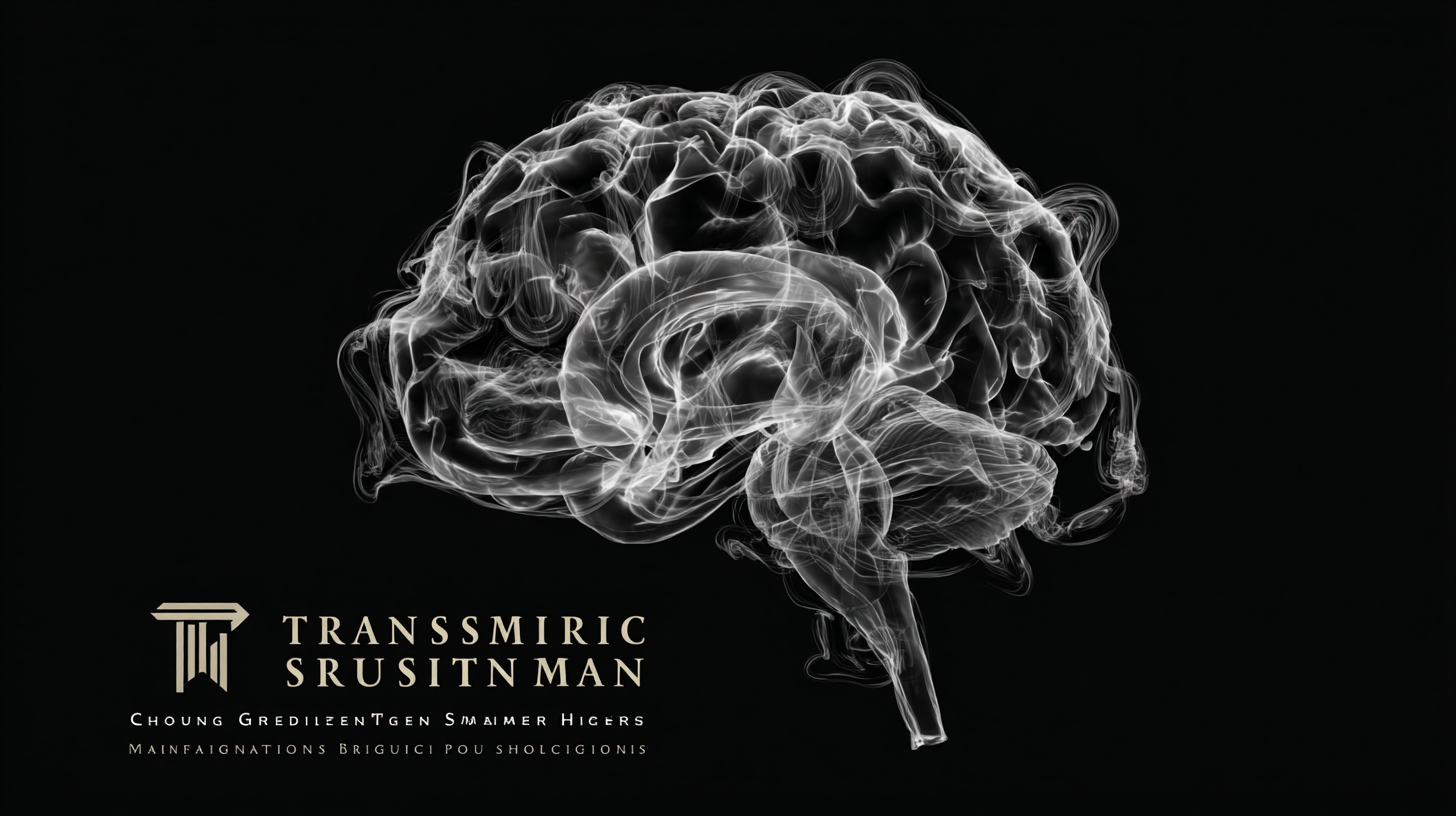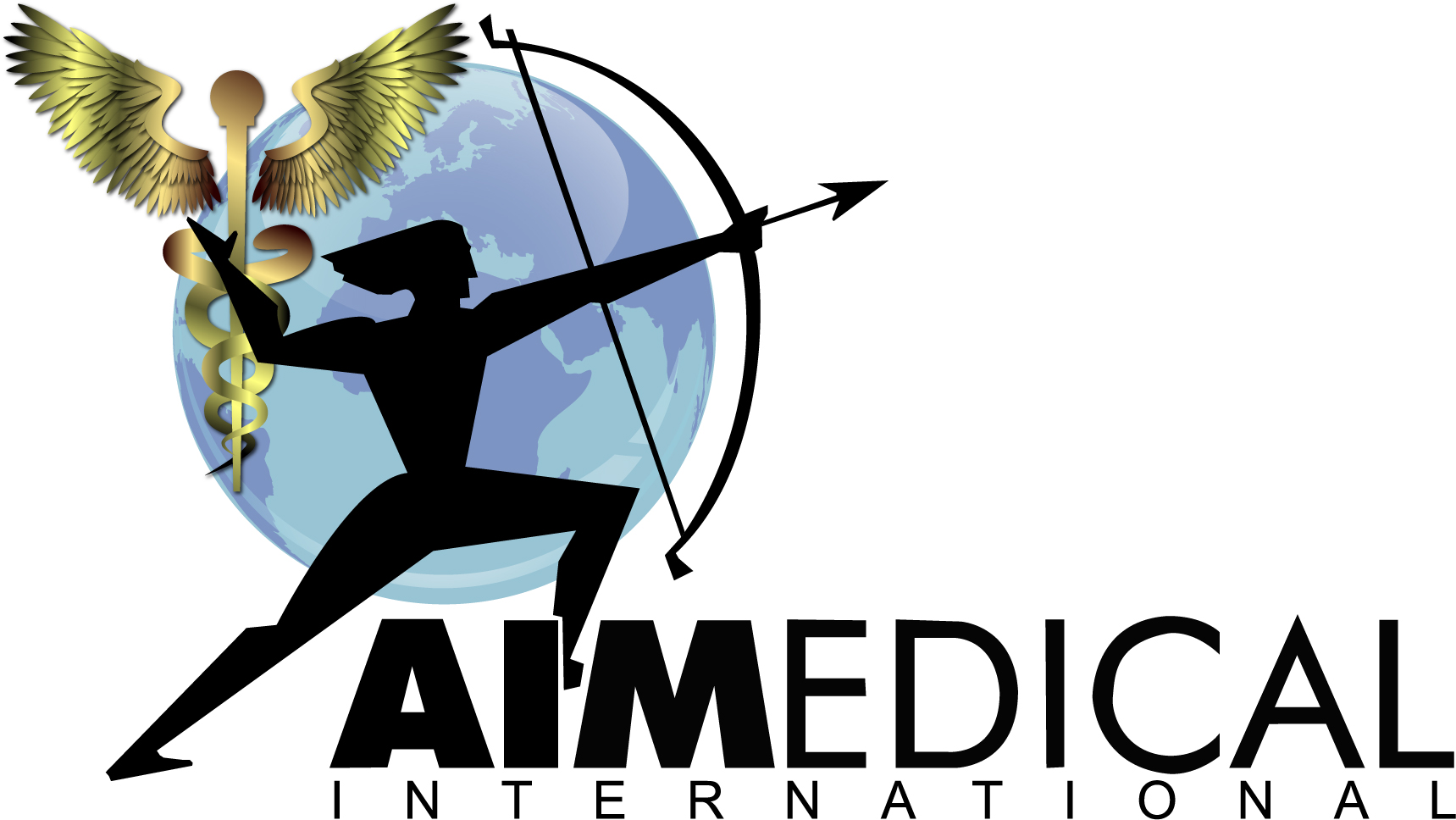Choosing High Quality Manufacturers for Best Transmagnetic Brain Stimulation Solutions
In the rapidly evolving field of mental health treatment, Transmagnetic Brain Stimulation (TMS) has emerged as a groundbreaking solution, garnering attention for its effectiveness in treating depression and anxiety disorders. According to a report by Grand View Research, the global TMS market is projected to reach USD 1.4 billion by 2027, expanding at a compound annual growth rate (CAGR) of 20.2%. This surge in demand underscores the importance of selecting high-quality manufacturers that can ensure reliability and consistency in TMS devices. As trust in "Made in China" continues to grow, it is essential to prioritize manufacturers that adhere to stringent quality standards, providing robust TMS solutions that meet international regulations. Understanding the nuances of selecting these manufacturers becomes crucial for healthcare providers aiming to deliver the best possible outcomes in brain stimulation therapies.

Understanding the Importance of High-Quality Manufacturers in Transmagnetic Brain Stimulation
When it comes to transmagnetic brain stimulation (TMS), the quality of the manufacturer is crucial in ensuring the effectiveness and safety of the treatment. According to a recent report by Grand View Research, the global TMS market is projected to reach approximately $2.1 billion by 2027, growing at a CAGR of around 5.5%. This growth signifies a promising trend; however, it also raises concerns regarding the variance in quality among manufacturers. High-quality manufacturers are imperative, as they adhere to strict regulatory standards and invest in advanced technologies, ensuring that the devices meet therapeutic efficacy and safety benchmarks.

Moreover, a study published in Neurotherapeutics emphasizes the importance of consistency in device efficacy, which directly ties back to manufacturing quality. Devices that are produced using high-grade materials and cutting-edge engineering are less likely to fail or cause adverse effects, thus improving patient outcomes. Furthermore, reliable manufacturers often provide extensive training and support for clinicians, ensuring that the equipment is used effectively. As the TMS market continues to flourish, prioritizing high-quality manufacturers will be key to advancing treatment protocols and maximizing patient benefits.
Key Industry Metrics: Evaluating Performance Standards for TMS Devices
When selecting high-quality manufacturers for transmagnetic brain stimulation (TMS) solutions, it's crucial to consider several key industry metrics that assess the performance standards of TMS devices. According to a recent report by MarketsandMarkets, the global TMS market is projected to grow at a CAGR of 17.8% from 2021 to 2026, underscoring the increasing demand for effective neurostimulation therapies. Therefore, evaluating manufacturers based on their compliance with FDA regulations and ISO certifications becomes essential in defining the reliability and safety of their devices.
Performance metrics such as efficacy rates, treatment times, and patient outcomes are critical indicators of a manufacturer's competence. A study published in the Journal of Neuropsychiatry and Clinical Neurosciences highlighted that TMS has shown up to a 70% response rate in treating major depressive disorders, depending on the device's precision and stimulation protocols. Additionally, ensuring manufacturers utilize advanced technologies, such as neuronavigation and real-time monitoring, can significantly enhance treatment outcomes, making it vital for practitioners to focus on these parameters when selecting a provider. Evaluating these industry standards will not only ensure the highest quality TMS solutions but also improve patient satisfaction and clinical efficacy.
Performance Standards for TMS Devices
This chart illustrates the evaluation of performance standards for various TMS devices based on key industry metrics including signal strength, frequency stability, and patient safety ratings.
Comparative Analysis of Leading TMS Manufacturers: Features and Innovations
When it comes to Transmagnetic Brain Stimulation (TMS), selecting the right manufacturer is crucial for the efficacy and safety of treatment protocols. A comparative analysis of leading TMS manufacturers reveals distinct features and innovations that set them apart in the evolving landscape of neurostimulation. According to a report by Grand View Research, the global TMS device market is expected to reach $2.5 billion by 2027, which underscores the growing importance of selecting high-quality manufacturers that prioritize both technological advancements and patient outcomes.

One of the key innovations among top manufacturers is the development of personalized stimulation protocols. Companies such as Magstim and NeuroStar have introduced adaptive technology that tailors stimulation intensity and frequency based on individual patient profiles. This personalization significantly enhances treatment effectiveness, as highlighted in recent peer-reviewed studies indicating an up to 40% improvement in response rates when customized protocols are employed. Additionally, features like portable TMS devices are gaining traction, expanding treatment access beyond clinical settings, as reported by MarketsandMarkets, where the portable segment is projected to grow at a CAGR of over 20% from 2021 to 2026.
Improved safety features are also a focal point of innovations in the TMS industry. Advanced monitoring systems implemented by manufacturers such as Brainsway provide real-time feedback on patient responses, further decreasing the likelihood of adverse effects. As safety and efficacy remain paramount, choosing a manufacturer with a commitment to innovation can lead to better patient outcomes and create a competitive edge in this burgeoning sector.
Assessing Patient Satisfaction: User Experiences with Different TMS Solutions
When considering transmagnetic brain stimulation (TMS) solutions, patient satisfaction plays a crucial role in assessing the effectiveness of different manufacturers. User experiences reveal a spectrum of outcomes that can significantly influence treatment adherence and overall mental health recovery. Patients often share insights regarding comfort levels during sessions, the perceived efficacy of the treatment, and the nature of follow-up care provided by healthcare professionals. Emphasizing manufacturers that prioritize user-centered designs and protocols can lead to improved satisfaction rates.
Additionally, the quality of the device used in TMS therapy can directly impact patient experiences. High-quality manufacturers typically invest in research and development to ensure their equipment is not only cutting-edge but also easy to use for both practitioners and patients. Features like adjustable settings and responsive support systems can enhance the overall experience, reflecting in higher patient satisfaction scores. By prioritizing high-caliber manufacturers, clinics can harness the benefits of superior technology, ultimately translating to better health outcomes for patients seeking TMS therapy.
Regulatory Compliance and Quality Assurance in TMS Manufacturing Processes
In the burgeoning field of Transmagnetic Brain Stimulation (TMS), regulatory compliance and quality assurance play pivotal roles in ensuring the safety and efficacy of medical devices. According to a report by the Global Market Insights, the TMS device market is expected to surpass USD 1.5 billion by 2026, underscoring the necessity for stringent compliance with regulations set by bodies like the FDA and CE. Adherence to these regulations not only guarantees patient safety but also enhances manufacturer credibility and market access.
Quality assurance measures encompass a series of protocols designed to uphold manufacturing standards throughout the production process. A study published in the Journal of Medical Devices highlights that approximately 70% of manufacturers face challenges related to compliance and quality management systems. To address these issues effectively, companies need to implement comprehensive quality management systems (QMS) that align with ISO 13485 standards. These measures ensure that products not only meet regulatory requirements but also address the reliability and performance expected by healthcare professionals and patients alike.
Choosing High Quality Manufacturers for Best Transmagnetic Brain Stimulation Solutions
| Manufacturer Location | Regulatory Compliance Status | Quality Certifications | Manufacturing Capacity (Units/Month) | Average Lead Time (Weeks) |
|---|---|---|---|---|
| United States | FDA Approved | ISO 13485, CE Mark | 1000 | 8 |
| Germany | CE Certified | ISO 9001, ISO 13485 | 800 | 10 |
| Canada | Health Canada Approved | ISO 13485 | 600 | 6 |
| United Kingdom | MHRA Approved | ISO 9001, ISO 13485 | 700 | 7 |
| Australia | TGA Certified | ISO 13485, CE Mark | 500 | 5 |
